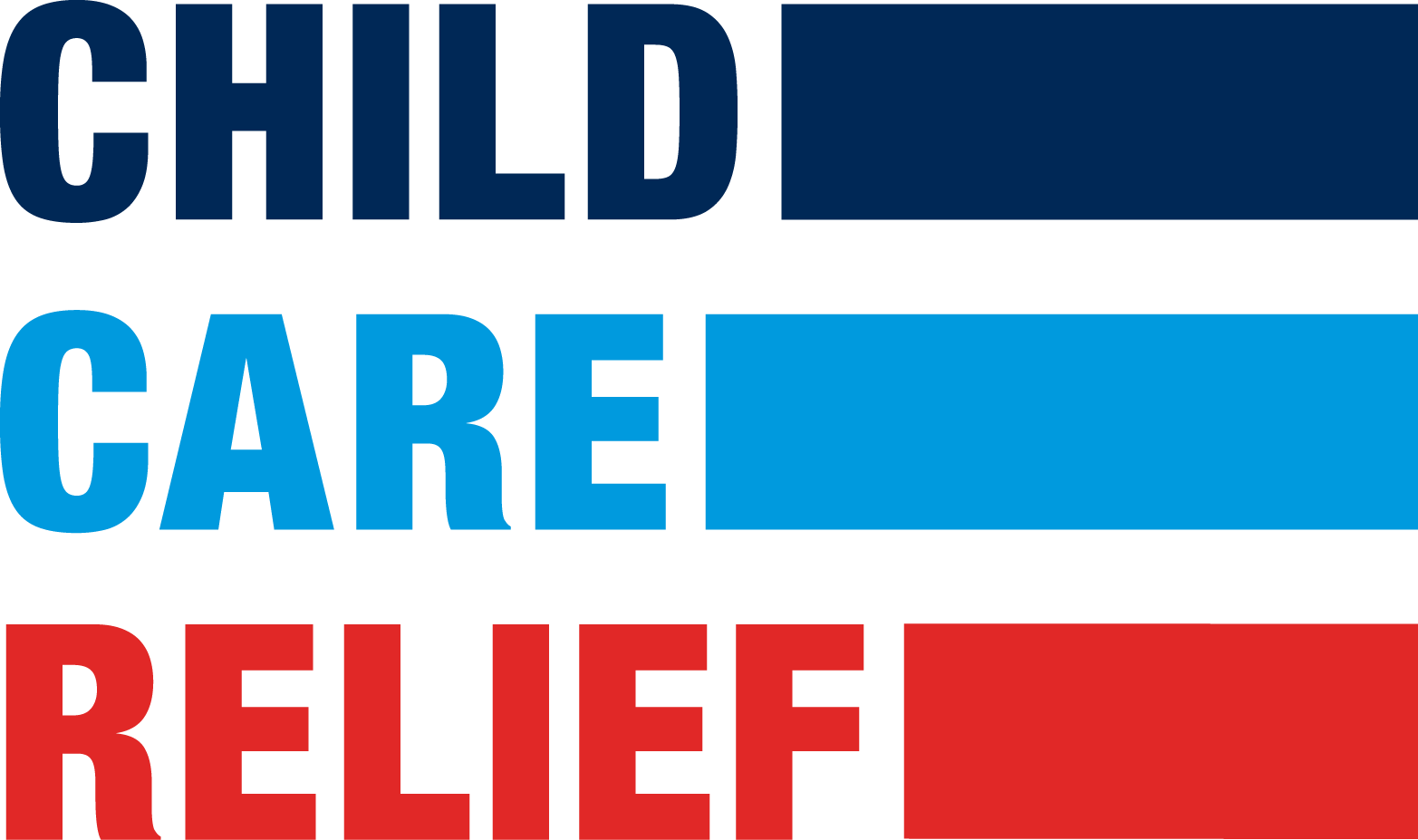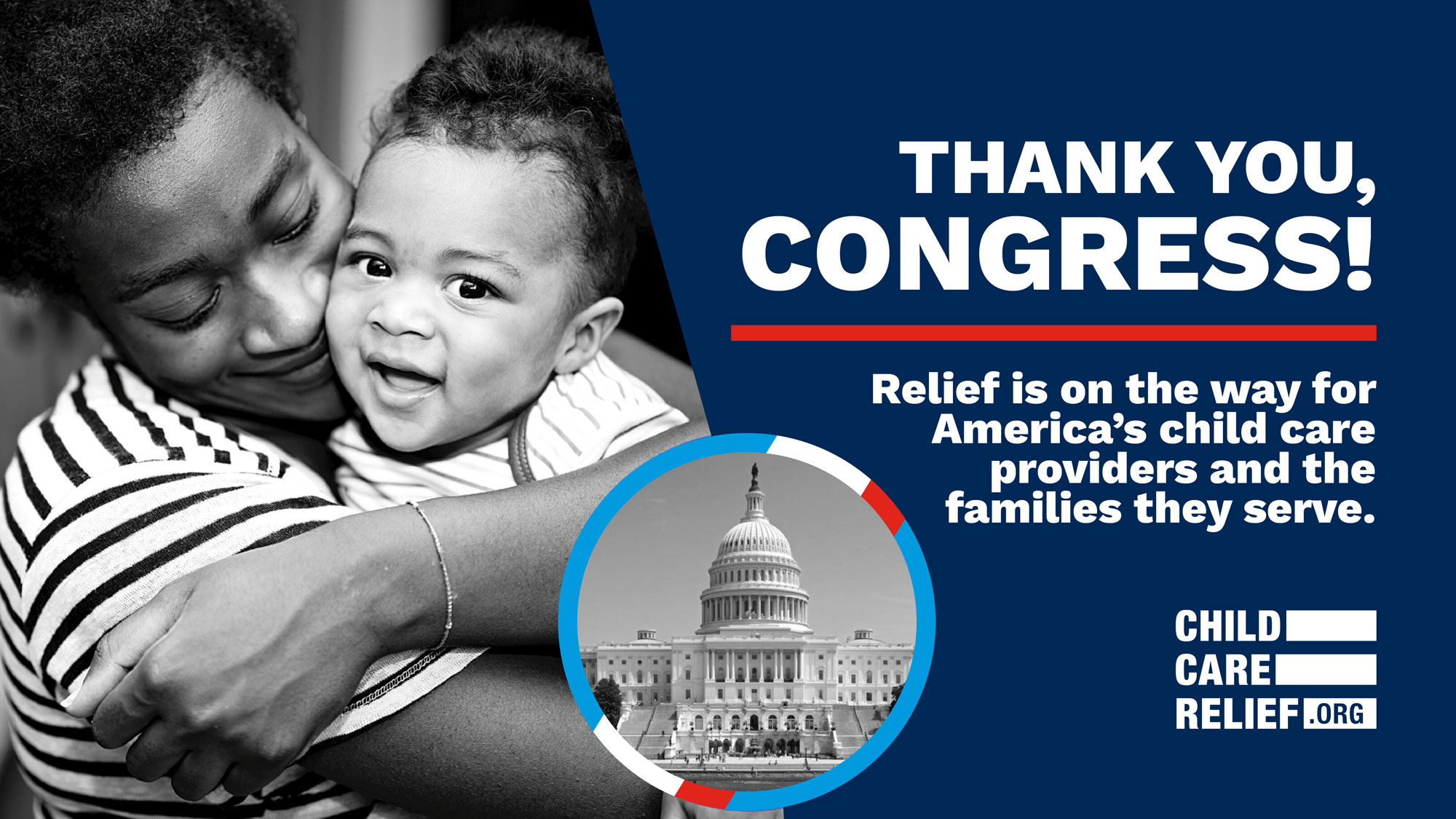
BY THE NUMBERS: COVID-19’S IMPACT ON CHILD CARE
Colorado

CHILD CARE IS ESSENTIAL TO
AMERICA’S ECONOMIC RECOVERY
• July state-by-state data from the National Association for the Education of Young Children (NAEYC) illustrates the dire circumstances for child care centers and family child care homes in Colorado. Of those surveyed:
› While most of the programs that responded to the survey are open right now, 86% are serving fewer children now than they were prior to the pandemic. Overall, average enrollment is down by 56%.
› One in three programs that responded are certain that, without additional
public assistance, they will close permanently.
› 94% of programs reported paying more for cleaning supplies; 72% for personal protective equipment; and 33% of them report paying more for staff and personnel costs.
› Respondents were asked what support their program received to help it survive: 8 programs said they received the Paycheck Protection Program, including 6 large child care programs and 2 small child care programs; of these, one is a minority-owned business.
› Assuming they are operating at 80% of capacity or less, 61% of programs responding to the survey expect to close within six months, if they don’t receive additional public support.
• According to the Center for American Progress, 80,504 licensed child care slots are at risk of disappearing, which represents 55% of licensed child care slots
• In March, 85 child care providers in Colorado responded to a NAEYC survey reporting that 33% would not survive closing for more than two weeks without significant public investment and support that would allow them to compensate and retain staff, pay rent, and cover other fixed costs.
• A second survey in April with 120 child care providers responding in Colorado indicated that 49% of child care programs were completely closed, with another 13% open only for children of essential workers.
› Of providers who are still open, 68% are operating at less than 25% capacity.
› 33% of respondents reported needing to either lay off or furlough employees, or reported being laid off or furloughed themselves. Another 27% anticipated such actions occurring in the next 1-4 weeks.
› 44% of respondents said they have applied for an SBA Loan. 56% were either worried about being able to pay back a loan or did not want to take out new loans.
• Colorado received $42.5 million in supplemental funds in the CARES Act to serve the children of front-line and essential workers and support providers yet, we know this is not enough to cover the impacts COVID-19 has had on the child care market and ensure providers will be there when the economy beings to open up. To read more about how your state has allocated its supplemental funding, click here.
• A May survey from Clayton Early Learning found that 56% of providers surveyed were having a hard time finding the necessary PPE to stay open.
› Clayton Early Learning survey results showed that more than 40% of early childhood providers were forced to close for at least some period of time during the height of the COVID-19 pandemic.
MEDIA COVERAGE
Steamboat Pilot & Today: Essential but lacking: Child care is key to reopening the economy, but COVID-19 has made the shortage worse than ever
Daily Camera: Guest opinion: Olivia Coyne: Head Start still needs funding
Chalkbeat: Here’s how Colorado is spending $42 million in COVID stimulus money for early childhood
The Colorado Independent: Guest Post: Child care costs in Colorado — why some moms don’t take the raise
Greeley Tribute: Sheri Hannah-Ruh: COVID-19 is affecting all aspects of the child care industry
